Verizon wants to be everywhere and its latest plan proves it

Verizon recently unveiled its roadmap, offering more details on what is coming, including a focus on AI and satellite connectivity for its users. And now, the carrier has shared further insights into its future plans.
A key part of Verizon's plan is widening its broadband footprint. Following its Frontier acquisition, the company aims to reach 35-40 million households. Right now, Verizon's fixed wireless access covers 60 million homes and businesses, but the goal is to push that number to 90 million in the coming years. The carrier continues to offer both fiber through its Fios network and fixed wireless access in other areas.
Verizon appears to be taking a more cautious approach to fiber expansion compared to its biggest rivals T-Mobile and AT&T. The latter, for example, is reportedly in exclusive talks to acquire Lumen Technologies' consumer fiber business in a deal that could exceed $5.5 billion. If that deal goes through, AT&T could see rapid growth in the fiber space.
Meanwhile, Verizon is taking a wait-and-see approach, evaluating whether accelerating its broadband rollout would be the right move. Still, according to Boulben, fiber adoption is expected to rise significantly in the coming years and while it may not reach the same level as cable penetration, it is still set to expand in a big way.
Verizon's CRO also shared some intriguing updates beyond the fiber expansion. For one, more than half of Verizon's customers have already switched to MyPlan, making it the fastest migration in the carrier's history. On top of that, Verizon has sold 7 million perks at an average of $10 each and by the end of the year, it expects to surpass 14 million. At this scale, perks are no longer just an added customer benefit – they are turning into a lucrative business of their own.
Overall, the appeal of MyPlan is its simplicity. Customers can pick a plan based on network performance – good, better or best – while also having the option to add perks and save money. Given its flexibility, it is no surprise that adoption has been quick.
As for satellite connectivity, Verizon isn't fully sold on the idea just yet. While it has a partnership with AST to bring voice and some data services toward the end of this year or early next year, it still sees satellite as a niche feature. According to Boulben, most people aren't eager to pay for it and the pricing from competitors – like T-Mobile – seems a bit too steep.
During the NewStreet Research and BCG Future of Connectivity Leaders Conference 2025, Verizon laid out its strategy for growth in the competitive mobile market. The company is focusing on boosting subscriber numbers and expanding broadband coverage while keeping an eye on aggressive promotions from rivals.
So with the acquisition of Frontier, we will be, by the end of twenty twenty six, close to 30,000,000. We said that post closing, we will invest in at least 1,000,000, so 1,000,000 plus new open for sale fiber households every year. And we've indicated our goal to be at 35,000,000 to 40,000,000 within a few years. If you combine that with the 90,000,000 footprint on FWA, we'll be able to serve the vast majority of U. S.
– Frank Boulben, Chief Revenue Officer at Verizon, March 2025
Meanwhile, Verizon is taking a wait-and-see approach, evaluating whether accelerating its broadband rollout would be the right move. Still, according to Boulben, fiber adoption is expected to rise significantly in the coming years and while it may not reach the same level as cable penetration, it is still set to expand in a big way.
What I think we can say with a degree of certainty is that fiber penetration will continue to grow substantially in the coming years, probably not as high as the cable penetration is today, but substantially higher. The bulk of it will be the top two players of today, so us and AT&T. What will happen beyond that is speculation. What also is important to note is that the cable companies play also in that convergence game, but it benefits us as their wholesale provider.
– Frank Boulben, Chief Revenue Officer at Verizon, March 2025
Overall, the appeal of MyPlan is its simplicity. Customers can pick a plan based on network performance – good, better or best – while also having the option to add perks and save money. Given its flexibility, it is no surprise that adoption has been quick.
Maybe they have a stronger need for coverage. As I said, there are half a million of square miles they do not cover today. We believe that it's important for customers to have absolute peace of mind in case they need emergency service. So emergency SMS everywhere in the country from a land mass standpoint. That's critical and we're offering it today with a global star on Apple and with Skylo on Android.
– Frank Boulben, Chief Revenue Officer at Verizon, March 2025


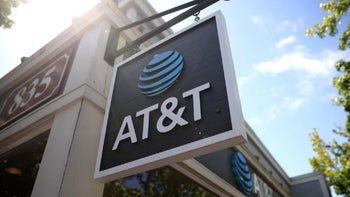
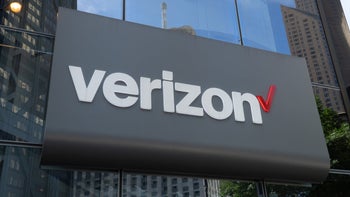
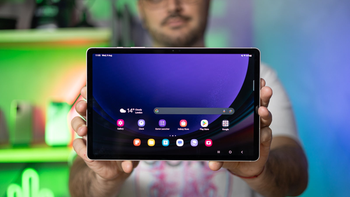
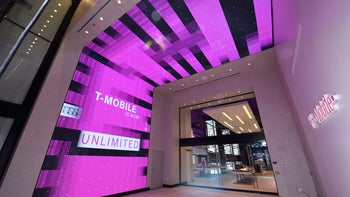



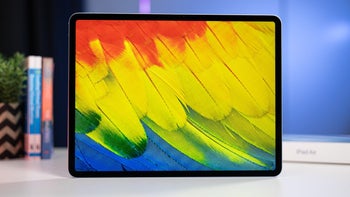
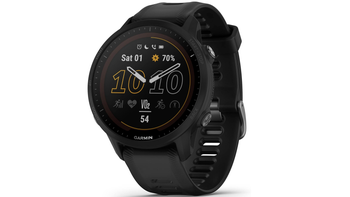

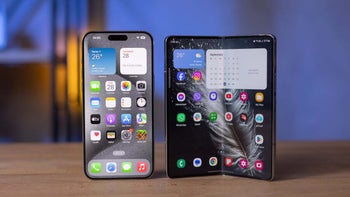

Things that are NOT allowed: